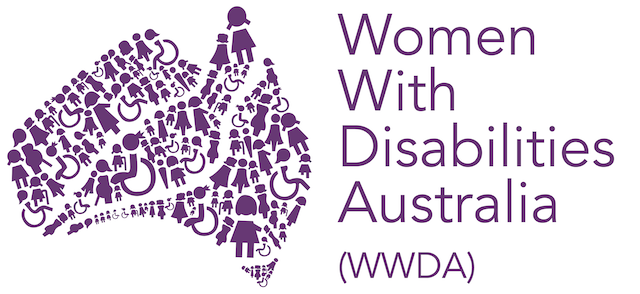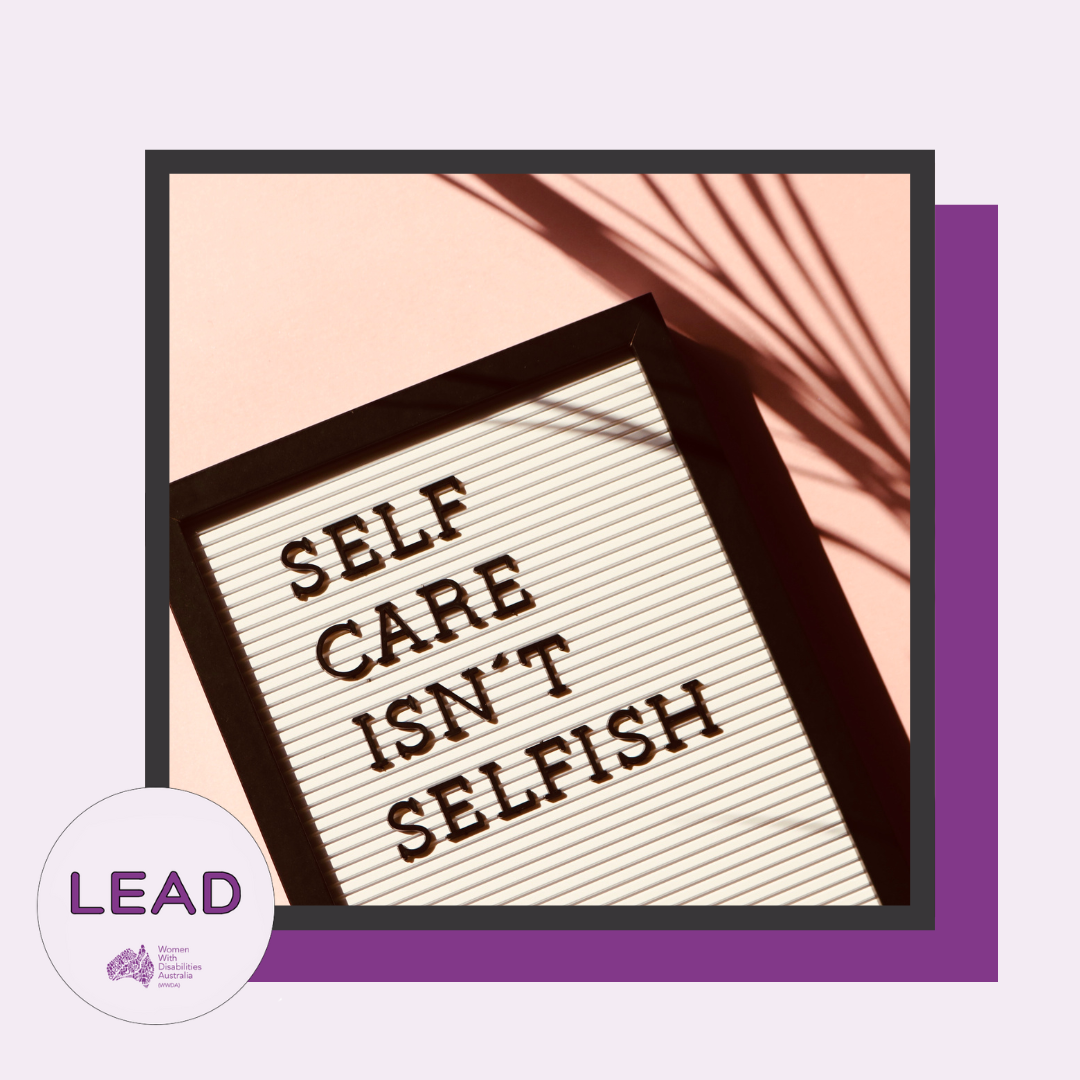The relationships we have with ourselves, and others are the most important resources that we have.
At Women With Disabilities Australia (WWDA), we understand how important self-care, healthy boundaries, upskilling, and working in collaborative spaces is when we talk about sustainable leadership. Without these elements, sustainable leadership would not be possible for women and girls with disability (WGwD). Caring for self to care for community is a fundamental building block for WGwD as we often have additional barriers to face in society, workplaces, educational institutions, etc when compared to able-bodied people, just for the opportunity to participate.
Self-care and healthy boundaries mean working with flexible working arrangements that allows us to be productive whilst also providing us the space and time to care for our access and support needs, we might need daily. Having a dynamic disability where our needs change daily could mean that we need to schedule meetings at 10am or 11am whilst we plan with carers. Or it might mean we have a burst of energy late at night where we are able to be productive and do work knowing that working during the day can be difficult, especially if we have family to care for as well.
Upskilling so that we increase our skills and knowledge base is essential for sustainable leadership models. Increasing our skillset can help us become better leaders and help to encourage others to become leaders. Working collaboratively with one another is a great example of a leader leading by lifting others up. Collaborative workspaces cultivate diverse and creative ideas, which then go on to make thoughtful impacts in the world of business. This is sustainable leadership at its core.
Therefore, the relationships we have with ourselves are our most important resources. We must care for ourselves to care for community. Without this, we risk burning ourselves out and being able to care for ourselves, our loved ones, or the work we love doing.

